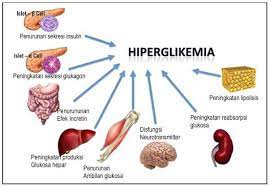How Equine Assisted Therapy Have Positive Effect on Hormone and Psychological
Downloads
As individuals age, they encounter a variety of physical, psychosocial, and cognitive challenges. In response, Equine-Assisted Therapy (EAT) has emerged as a complementary approach within mental and physical health care. More broadly, Equine-Assisted Interventions (EAI) are gaining recognition as promising methods to enhance both physical and psychological well-being. EAI involves horses as active participants in therapeutic or recreational activities such as horseback riding, adaptive acrobatics, carriage driving, grooming, and direct interaction with horses. This study aims to analyze how EAT positively influences hormonal changes, specifically by increasing serotonin and oxytocin levels while reducing cortisol, thereby supporting mental and physiological health. Using a descriptive qualitative approach with a systematic literature review (SLR), this research examines various studies that investigate the hormonal and psychological effects of EAT. Findings across multiple studies highlight that EAT benefits both humans and horses. For individuals, EAT has been shown to reduce symptoms of post-traumatic stress disorder (PTSD) and stress, as evidenced by lowered cortisol levels and increased oxytocin, a hormone associated with social bonding and happiness. Participants also experience improved emotional regulation and psychological well-being. For horses, although acute stress indicators do not always shift significantly, reductions in cortisol following therapy sessions suggest decreased stress levels. These outcomes are often linked to horses' adaptation to routine therapy practices, though seasonal and environmental factors may also play a role. Overall, EAT demonstrates therapeutic value for both humans and horses. However, further research is necessary to account for environmental influences, seasonal variation, and individual differences that may affect outcomes.
Copyright (c) 2025 Karina Shasri Anastasya, Indra Gazali Syamsuddin, Zefanya Zefanya, Mulia Rahmansyah, Deasyka Yastani, Karlina Mahardieni, Meutia Atika Faradilla

This work is licensed under a Creative Commons Attribution 4.0 International License.











